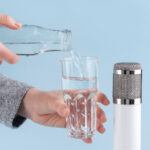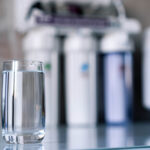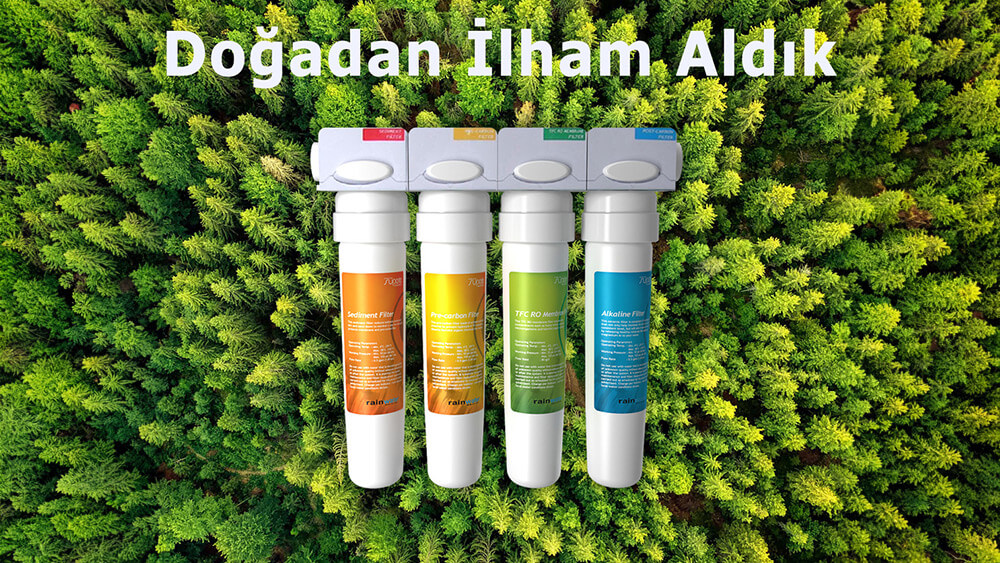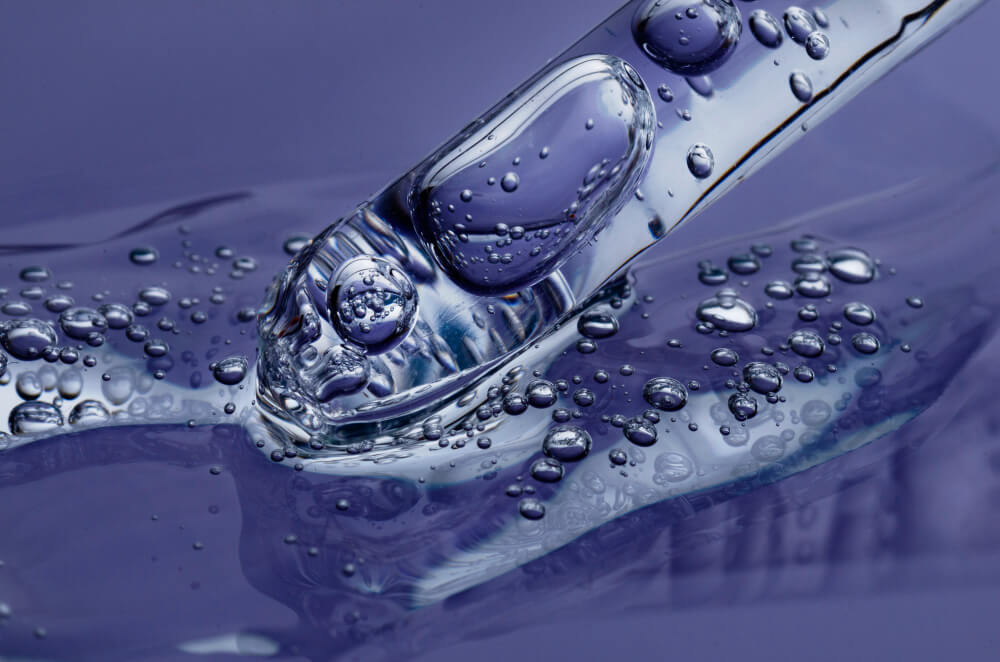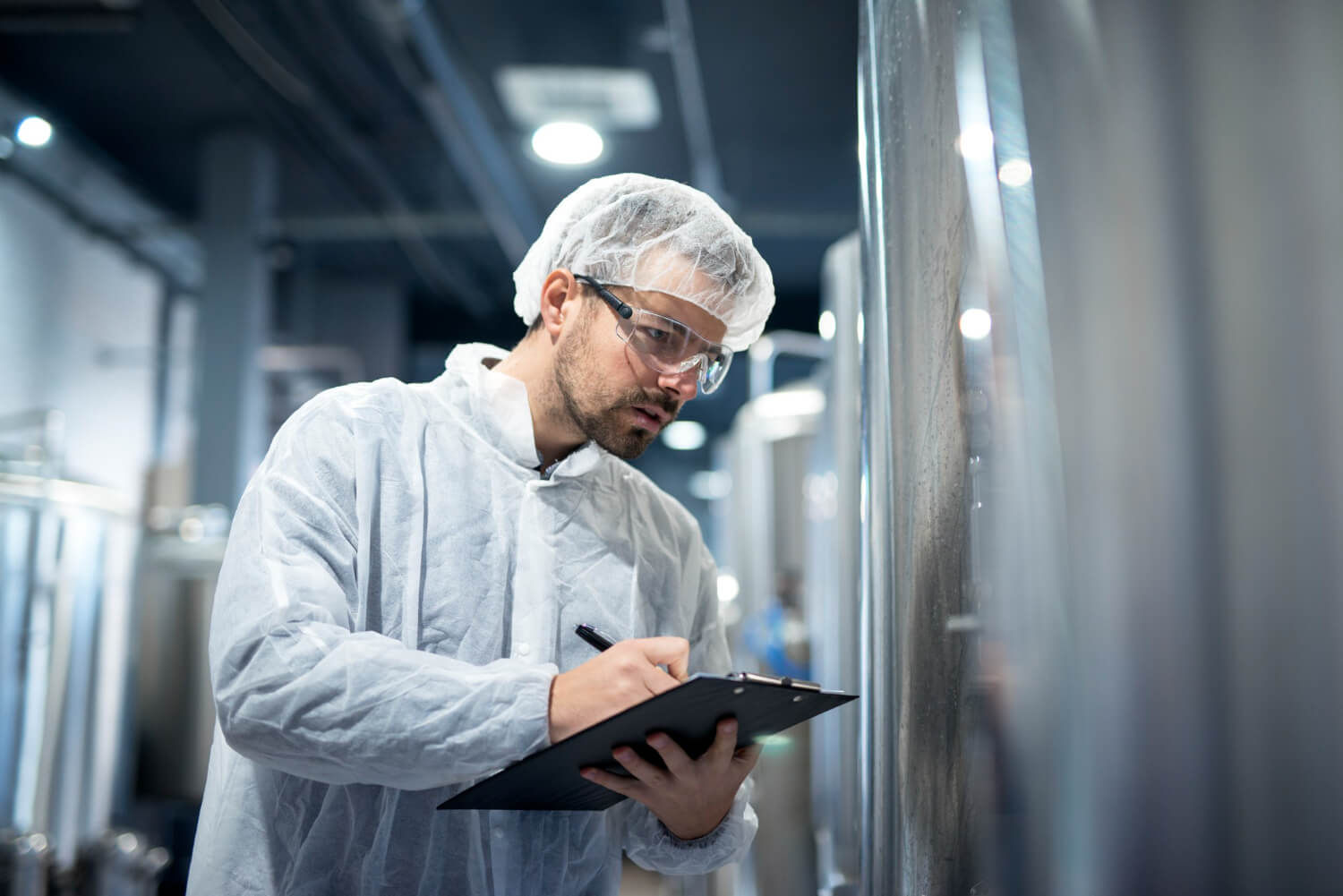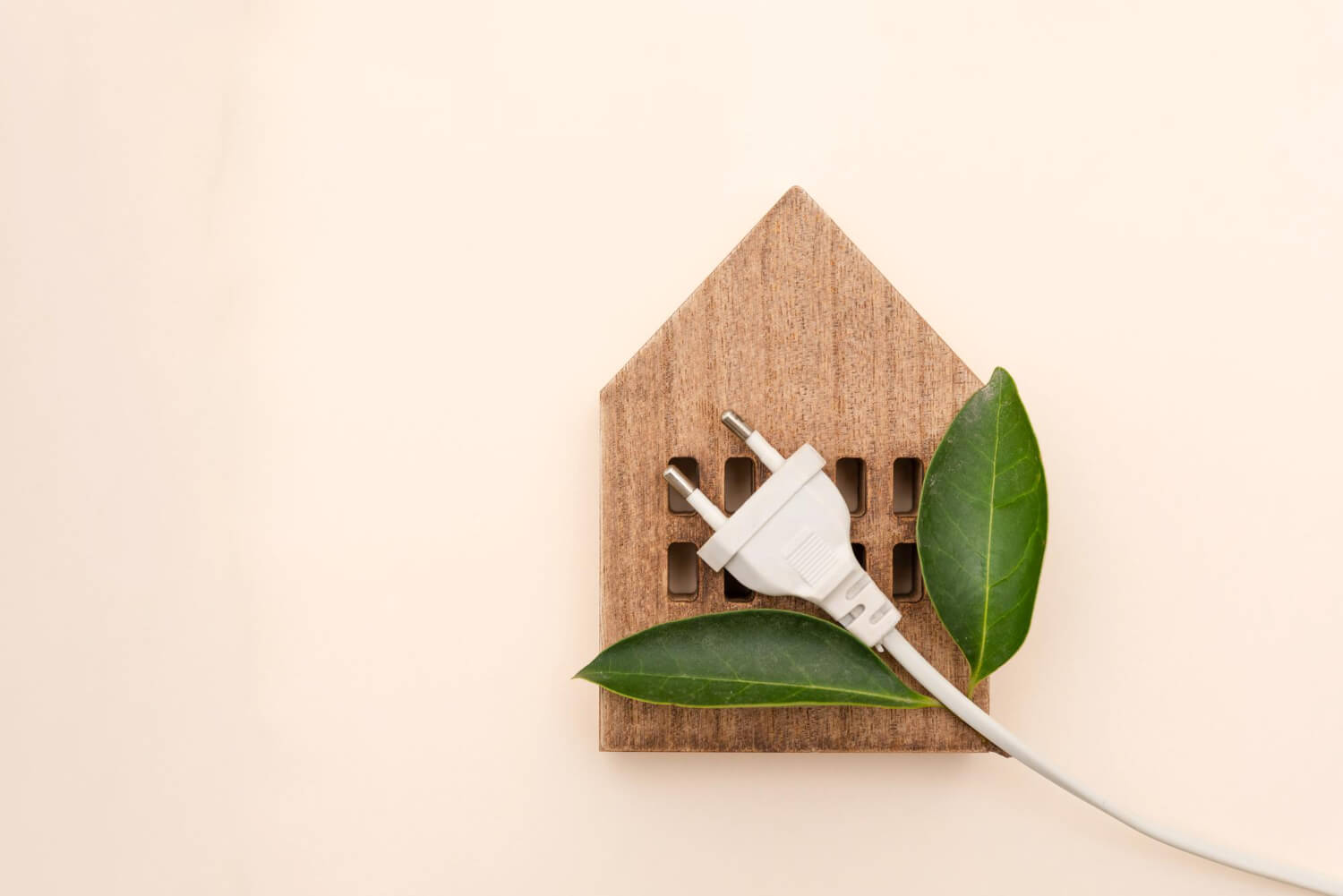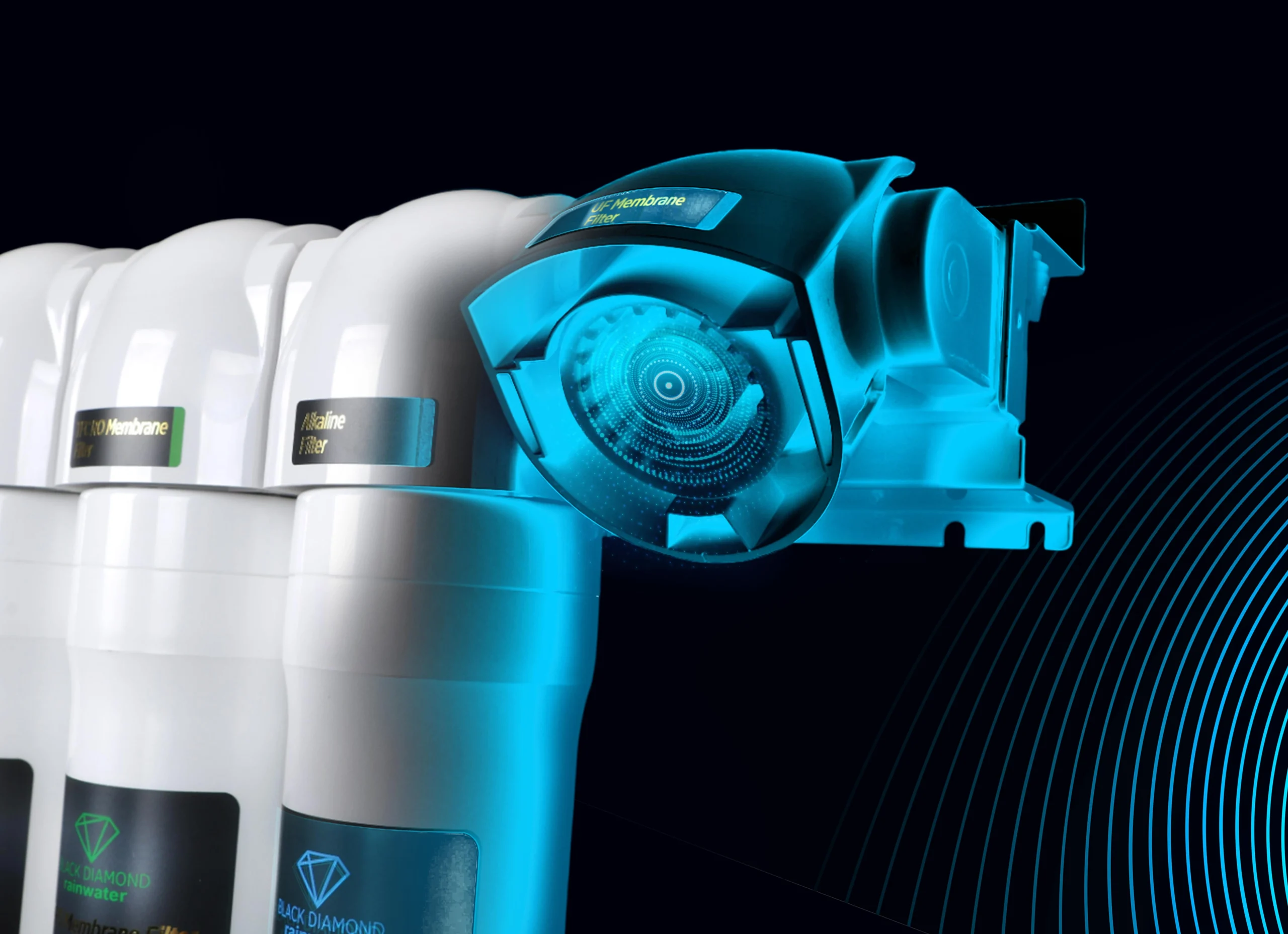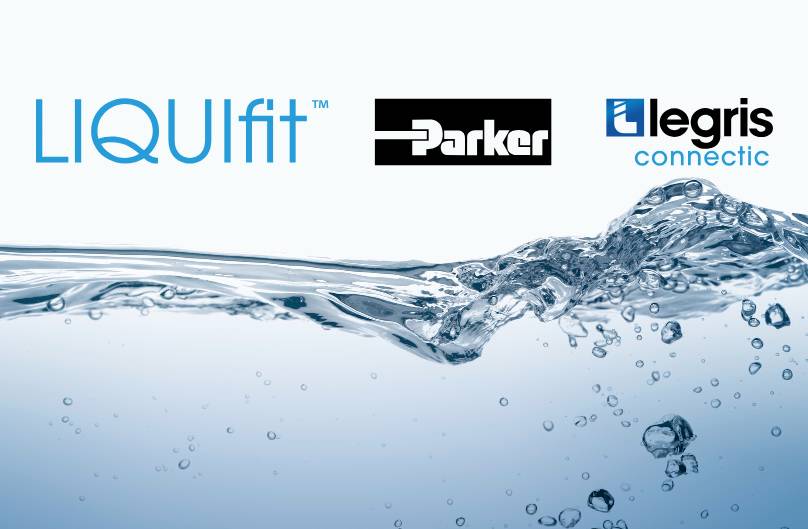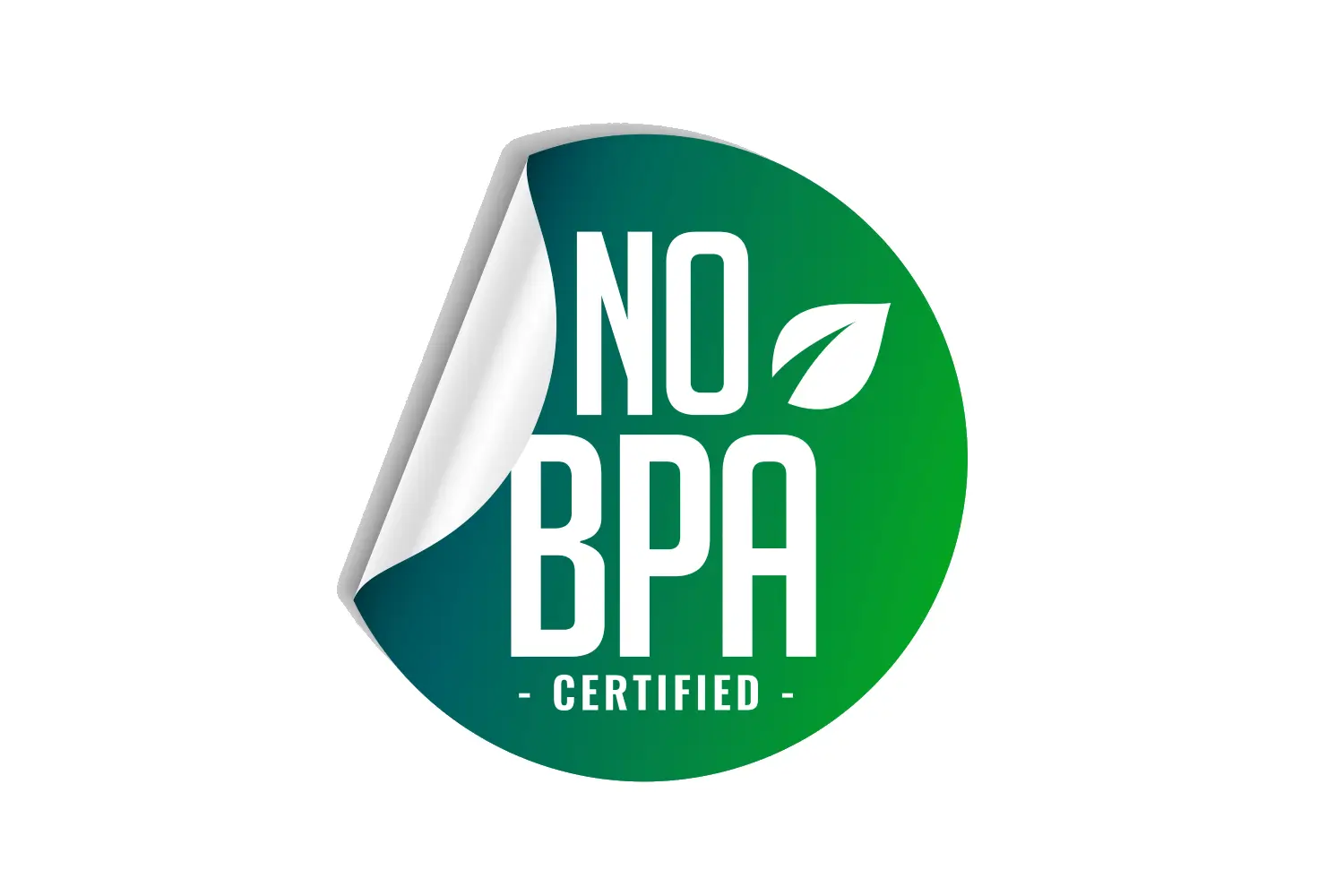Tap water is delivered to homes by passing through the water treatment plants of the cities. In these facilities, water is controlled microbiologically and chemically and made suitable for public health. However, the pipelines and infrastructure conditions through which water passes until it reaches homes significantly affect the quality of water. While tap water is considered safe in some cities in Turkey, it is not recommended to drink directly in many regions.
Because rust, heavy metals and bacterial growth can be seen in old pipes. In addition, in some cities, the taste and odour of water are adversely affected due to the high lime and chlorine content. Therefore, the answer to the question “Is tap water drinkable?” varies according to the infrastructure of the city and the results of the water analysis.
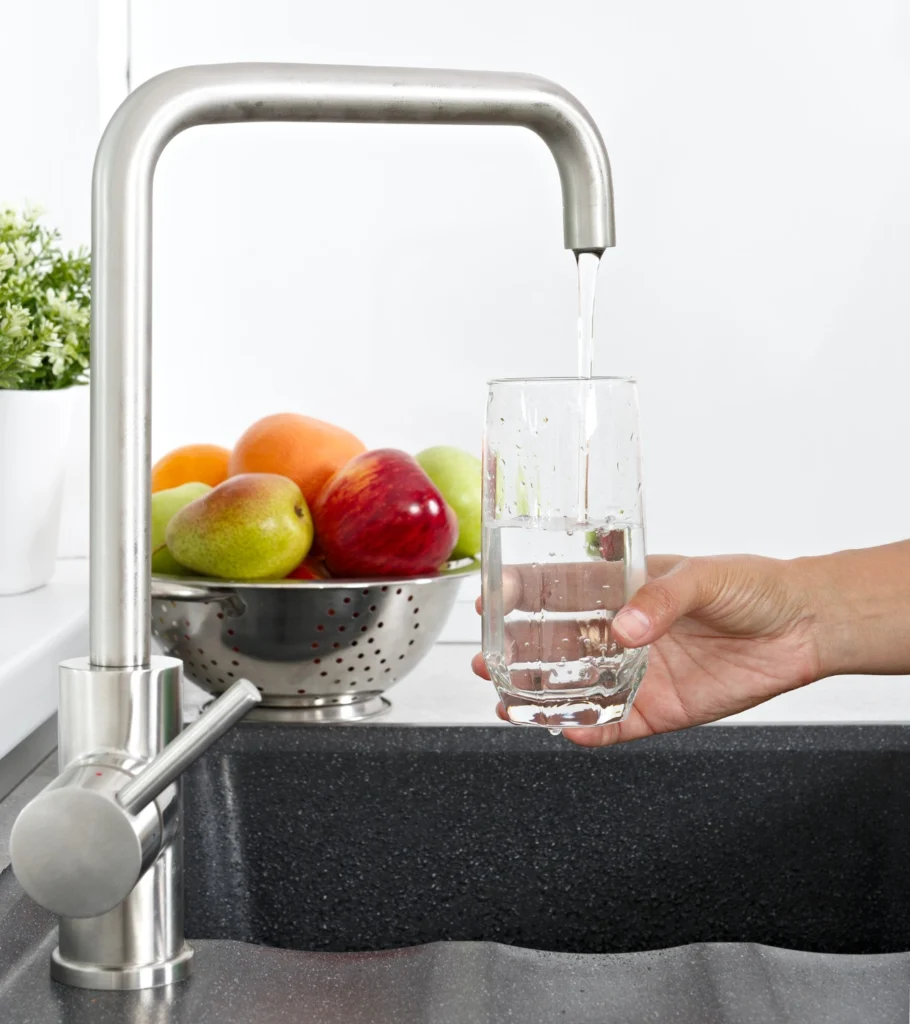
Is it allowed to drink boiled tap water?
Boiling tap water is a particularly effective method for the destruction of microorganisms. High heat during boiling neutralises most of the bacteria, viruses and parasites that may be present in the water. For this reason, boiling offers a safe solution in the short term in cases of microbiological risk. However, the safety of water is not limited to microorganisms. Heavy metals, chemical residues and high lime content in tap water are not destroyed by boiling.
For example, metals such as lead, arsenic or copper continue to exist in water after boiling. In fact, when boiling for a long time, some of the water evaporates and the mineral and chemical concentration increases as a result of evaporation. This may increase the risk of harm to health instead of reducing it. For this reason, boiling tap water is a method that can only be preferred in temporary and emergency situations. It is a better approach to use water purifiers or safe packaged water to provide safe drinking water in the long term.
What are the Harms of Drinking Tap Water?
The hazards of tap water are related to the pipelines, treatment quality and chemical balance of the water until it reaches homes rather than its source. Even if the water coming out of treatment plants in cities is safe, the quality of the water may deteriorate due to old pipes and inadequate infrastructure. In addition, elements such as chlorine, heavy metals, microorganisms and lime make direct consumption of water risky for health. Therefore, drinking tap water regularly can have different negative effects in the long term, from digestive system disorders to kidney problems.
- Tap water, especially in areas with old infrastructure, can contain microorganisms such as E. coli and Giardia. These microbes cause intestinal infections and long-term diarrhoea. Cracks and leaks in pipe systems can lead to sewage entering the drinking water.
- Old lead pipes or rusty plumbing leave harmful substances such as lead and iron in the water. In the long term, lead can lead to nervous system disorders and developmental problems in children.
- Chlorine and its by-products used for disinfection in tap water can cause irritation in the gastrointestinal system when consumed excessively. Chlorine is harmless to human health in tolerable amounts, but when the rate increases, the odour and taste of the water deteriorates.
- Water rich in calcium and magnesium increases the risk of kidney stones in the long term. Calcareous water also forms deposits in technical devices and reduces the quality of water use.
Drinking tap water directly can have negative effects on the digestive system, kidney health and, in the long term, on the overall metabolism.
How Does Tap Water Poisoning Occur?
Tap water poisoning usually occurs in two ways. Microbiological poisoning occurs when bacteria, viruses or parasites get into the water. In this case, the person experiences nausea, vomiting, abdominal pain and diarrhoea. It has a particularly severe effect on people with weak immunity.
Chemical poisoning is caused by heavy metals or excessive chemical residues dissolved in pipelines. In this case, symptoms usually appear in the long term. It can damage the liver, kidneys and nervous system.
Can Tap Water Be Used in Cooking?
Tap water can be used in cooking because the high heat applied during cooking destroys a large proportion of germs. The boiling process prevents bacteria and parasites from surviving, making the water microbiologically safer. However, this only applies to microorganisms.
Heavy metals, lime and chemical residues in the water are not removed by boiling. On the contrary, the concentration of these substances may increase even more as a result of the evaporation of water boiled for a long time. For this reason, the quality of the water used in food directly determines both the flavour and the health effects of the food.
Calcareous or chlorinated tap water can change the taste of foods such as soup, rice or pasta, and in some cases even give the food an unpleasant odour. Especially in beverages such as coffee and tea, which are directly dependent on the flavour of the water, the lime content and chlorine level of tap water have a significant impact on the quality of the drink.
In addition, heavy metals such as lead, copper or arsenic that may be present in the water are not destroyed during cooking, but are mixed into the food and pose a long-term risk to human health. For this reason, in cases requiring sensitivity, for example in the preparation of baby food or recipes made directly with water, it would be a much more correct approach to prefer water purified dispenser, water purification tap instead of tap water.
Is There Chlorine in Tap Water?
Tap water contains chlorine. Municipalities add a controlled amount of chlorine to disinfect the water. This prevents the growth of bacteria and viruses in the water. The World Health Organisation (WHO) considers the use of chlorine safe within certain limits. However, when the chlorine content is high, the taste and odour of the water changes. Some people find this disturbing. It is also thought that long-term high chlorine consumption may have negative effects on the digestive system.
Can you drink tap water in Ankara?
Ankara’s tap water is treated at the Ivedik Drinking Water Treatment Plant and meets certain standards. Although it is technically potable, most people do not drink tap water directly due to the old pipelines used in the city, rusting and high lime content. Also, in some parts of the city, the taste of the water may be different due to chlorine. Generally, purifying devices or carboy water is preferred.
Is Istanbul Fountain Water Drinkable?
Water treatment in Istanbul is carried out by ISKI and is potable according to laboratory tests. However, the quality of the water varies from region to region due to the wide structure of the city, long pipelines and changing infrastructure conditions in different neighbourhoods. On the European side, the lime content is generally higher, while on the Anatolian side the water has a softer taste. Most Istanbulites prefer to use a water purifier or carboy water instead of drinking directly from the tap.
Is Bursa Fountain Water Drinkable?
Tap water in Bursa is treated in local treatment plants and is technically potable. However, the lime content of the water in the city is quite high. This situation both affects the taste of the water and causes lime accumulation in kitchen utensils in long-term use. For this reason, tap water is mostly not used for drinking purposes but preferred for cooking and cleaning. Usually carboy or water purification filter is preferred for drinking water.
Is the tap water calcareous?
Tap water in many parts of Turkey is calcareous. Lime is caused by calcium and magnesium minerals in water. This situation is not harmful for human health and is even beneficial in terms of minerals in controlled consumption. However, high lime content increases the risk of kidney stone formation. In addition, lime layer accumulates on teapots, kettles, tap heads and white goods. This both aesthetically disturbs and shortens the life of the devices. In terms of drinking, calcareous water changes the taste and most people prefer to drink softer water with carboys or purification systems.

 TR
TR
 Blog
Blog 
